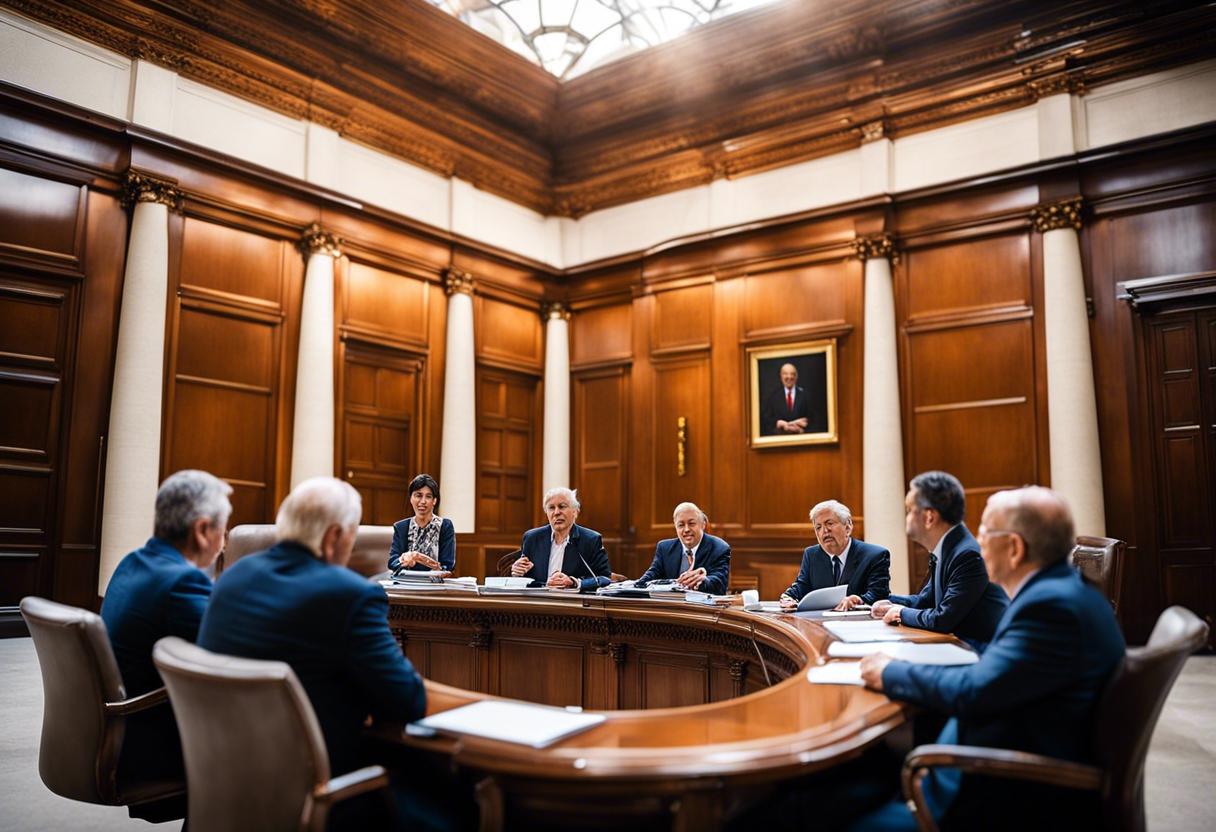Historically, Irish politics saw a clear return on investment for independent TDs who supported a potential taoiseach in securing their position. It was common for the TDs to receive deals relating to their constituencies, backed by euros running into the millions.
The “Gregory Deal” that took place in February 1982 is a well-known example of such arrangements. To secure the support of the recently elected independent TD, Tony Gregory, who was instrumental in his party’s recapture of power, Fianna Fáil’s leader, Charles Haughey, sanctioned a substantial pound investment into the underprivileged Dublin Central constituency.
Notably, during his tenure, Bertie Ahern’s administration relied on the support of Independents. This included Kerry South TD Jackie Healy-Rae and Tipperary TD Michael Lowry in the aftermath of the 2007 general election. Investments were made into Healy-Rae’s home county, something he would take credit for. Ahern later commented on his deals with Healy-Rae, observing that they always involved infrastructures such as roads, bend and housing, all of which were of significance to the local community.
In more recent years, though, it has been harder to discern the benefits gleaned by supportive independent TDs.
However, the boosts conferred to their position are apparent: they receive strengthened support from the Independents, evident on multiple occasions during votes to elect taoisigh and confidence motions in the current coalition’s slender majority. The government generally maintains that constituency deals are not a factor in earning such support.
In one salient instance, independent supporting the government was the downfall of a Sinn Féin motion in March 2023. The motion sought to extend a short-term eviction ban, but was defeated 83 votes to 68, resulting from the government’s counter-motion and amendment proposed by the Regional Independent Group suggesting various housing initiatives. Paschal Donohoe, then Minister for Public Expenditure, stated the Independents’ suggestions were in line with the ideas of the government parties.
Recently, the new Fine Gael leader, Simon Harris has been conducting pre-release meetings with Independents ahead of Tuesday’s vote to appoint him taoiseach. However, he has categorically declined to agree to any deals, insisting that the meetings will not be transactional.
Five Independent members have expressed their intent to back Harris, among them Lowry. Their dialogue with Harris focused on factors like small businesses and the overcrowding crisis at the University Hospital Limerick, a facility that serves a large number of Lowry’s constituents from Tipperary.
In relation to small businesses, there have been previous requests from within Fine Gael for additional support prior to the summer break, suggesting that Lowry may not encounter significant resistance in this area.
Any forthcoming Taoiseach would likely want to be witnessed taking measures to rectify issues at a leading hospital in the Midwest region.
Support from Independents might be increasingly vital if the Government’s majority narrows even more before the forthcoming general election, slated for the next spring.
Independents can certainly leverage the Government’s slim Dáil majority to gain access to high-ranking Coalition personalities, which they can use to assert their power to shape policy when they confront voters next. However, what they receive in exchange for their support is less obvious than in previous instances.

